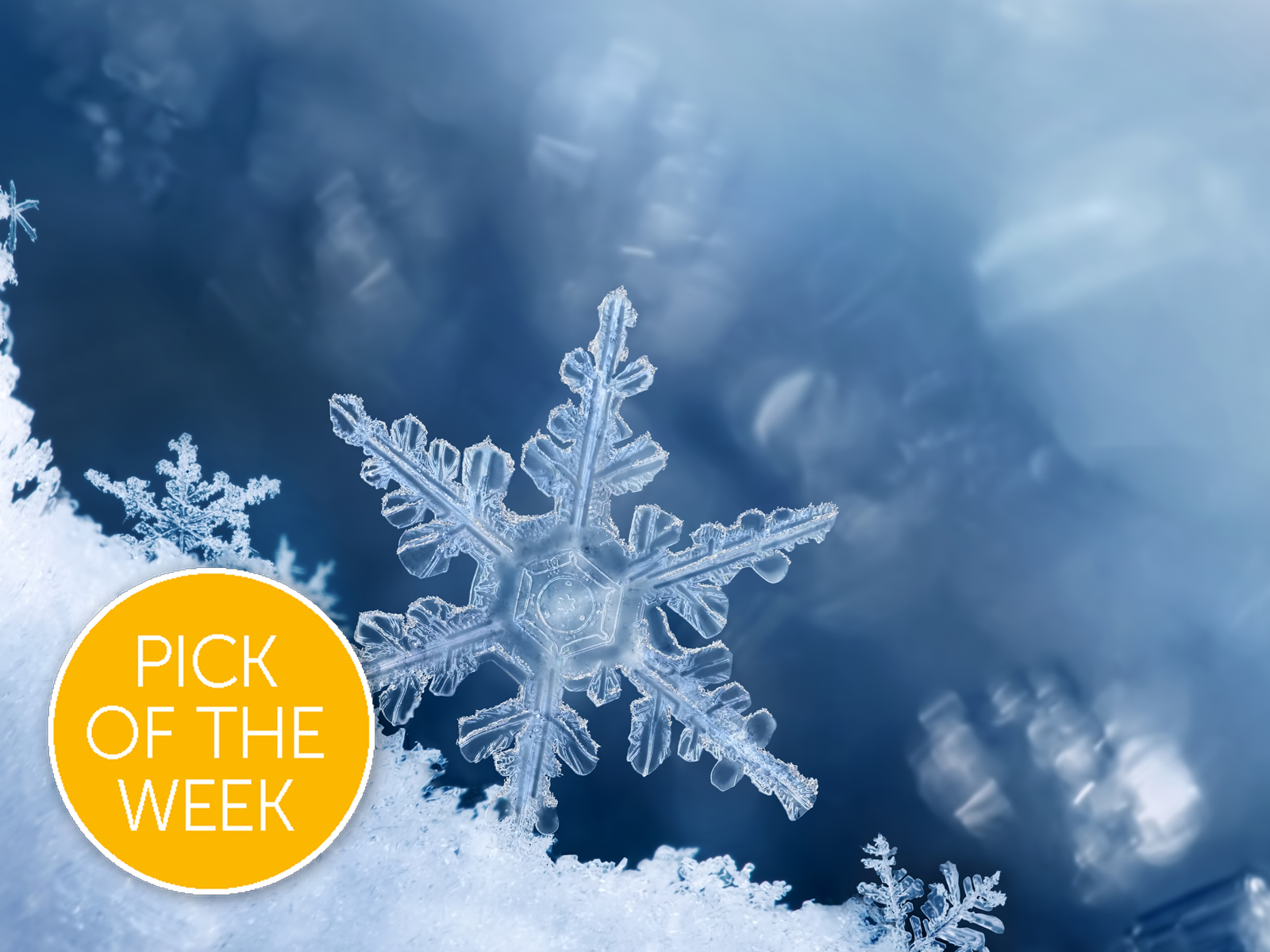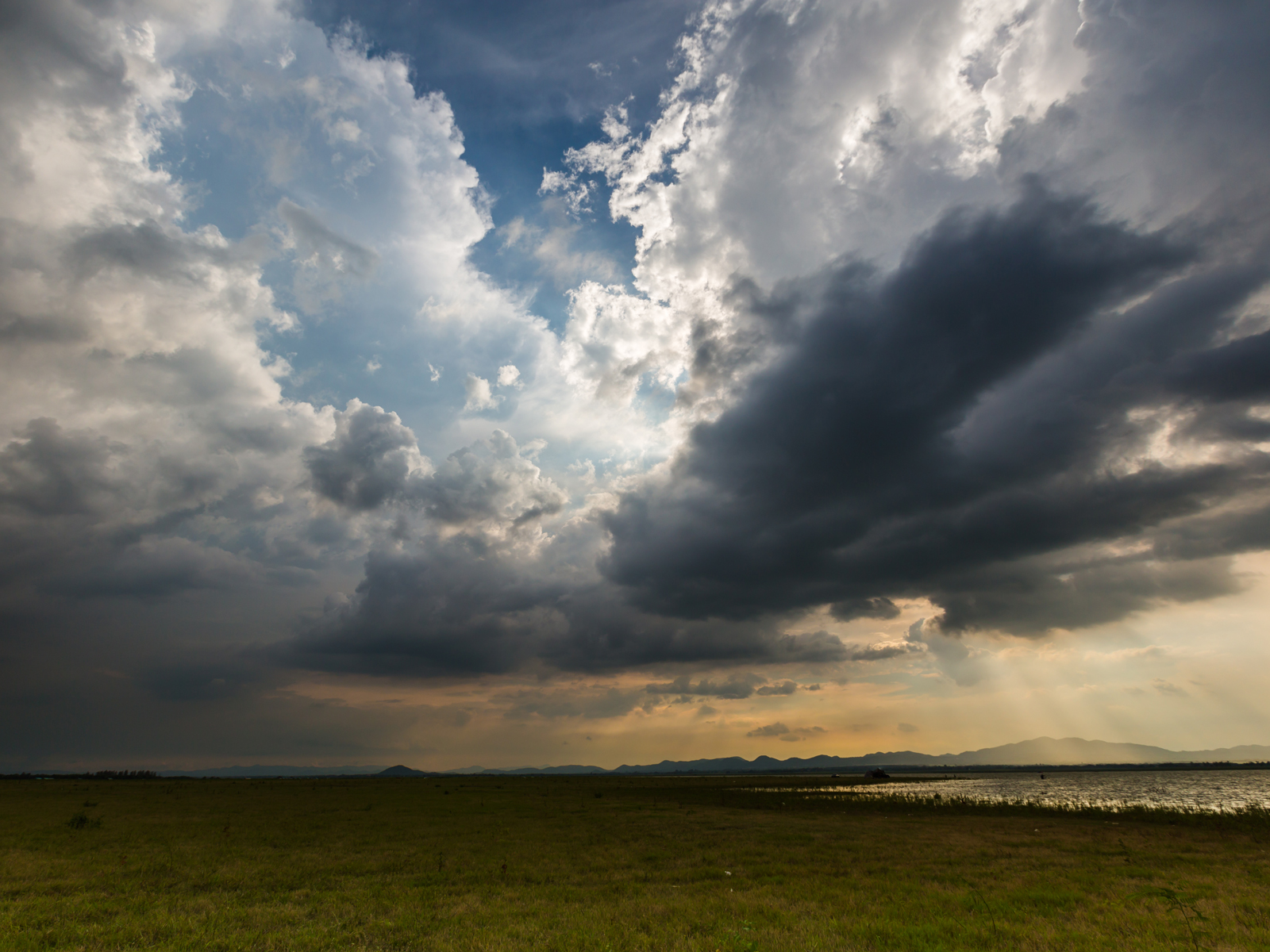We all know what temperature water freezes at, right?!

Picture: © Shutterstock
ChemSci Pick of the Week
Some salts may actually raise the freezing temperature of water, rather than lowering it, say researchers from the University of Leeds.
As we near the end of winter in the UK it’s time to say goodbye to the gritter lorries – big yellow trucks, often with whimsical names, that patrol the nation’s main roads on icy nights. They spread a mixture of rock salt and crushed up grit. The grit provides extra grip for car tires, while the salt actually lowers the melting point of water, making it less likely to freeze.
If you think about it, it’s obvious that salty water freezes at a lower temperature than fresh water – that’s why it has to be a very cold day indeed before the sea freezes over. But how much do we know about why this is? And is this effect specific to salt, or does it work for other substances dissolved in water?

Gritter lorries spread rock salt, which lowers the freezing point of water Picture: © Shutterstock
Super cool
Thomas Whale, from the University of Leeds, explains how freezing water works. First, it usually requires small particles of another solid to be present. “Contrary to popular perception, pure liquid water does not usually freeze at its melting point, 0°C, and can instead supercool to temperatures as low as -38°C. For ice formation to occur at relatively warm temperatures above -20°C a heterogeneous substance (a solid particle), called a nucleator, is required to trigger the initial nucleation event that must precede growth of ice crystals. Examples of nucleators include mineral dusts and biological substances.”
Thomas and his team have learned that dissolving certain substances in water can affect nucleation, and hence freezing. As expected, they found that sea salt inhibits nucleation, meaning that it lowers the freezing temperature, but surprisingly they found that another type of salt – ammonium sulphate – enhances it, meaning it raises the freezing temperature.
“It is particularly striking and counter-intuitive that some salts can actually cause water to freeze at warmer temperatures than would otherwise be expected”, says Thomas.

New research may change the way we think about cloud formation Picture: © Shutterstock
Icy clouds
There are several reasons why this matters to scientists. Firstly, it’s important to the study of cloud formation, particularly for mixed phase clouds – that is clouds consisting of a mixture of water droplets and ice crystals. These types of clouds can form at temperatures between 0 and -40°C, and are particularly dominant in the Arctic.
The atmosphere holds large amounts of both sea salt and ammonium sulphate, and the balance of these two governs whether or not ice crystals will form, and therefore how and where mixed phase clouds form.
Another reason is that ice nucleation has an impact on cell cryopreservation, the technique where cells are frozen for storage. "If water is allowed to supercool too much in cell suspensions being cryopreserved," says Thomas, "ice tends to form inside cells, damaging and killing them."
"Our work suggests that efforts should be made to understand and control the influence of solutes in cryopreservation, in order to improve cell survival outcomes. Such improvements have the potential to enhance techniques in regenerative medicine and reproductive medicine, among many other areas."
This article is free to read in our open access, flagship journal Chemical Science: Thomas Whale et al., Chem. Sci., 2018. DOI: 10.1039/C7SC05421A